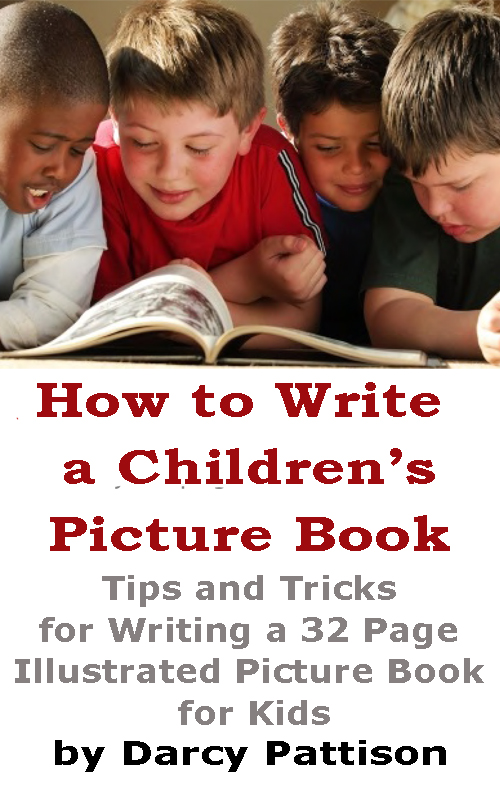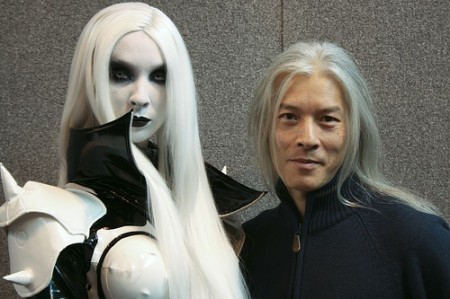While I am struggling with plot, the main question I am asking is “What if?”, closely followed by “What next?”
What if?
 Creative plots focus on an unexpected combination of events that somehow manage to mesh together at the end when all is revealed. Plots can be about vengeance, catastrophe, love & hate, chase, grief & loss, rebellion, betrayal, persecution, self-sacrifice, survival, rivalry, a quest or an ambition. They can be complicated or enhanced by criminal action, searching, honor & dishonor, rescue, suspicion, murder, suicide, adventure, mystery, suspense, material well-being, bucking authority, making amends, deception, conspiracy, rivalry, or mistaken identity.
Creative plots focus on an unexpected combination of events that somehow manage to mesh together at the end when all is revealed. Plots can be about vengeance, catastrophe, love & hate, chase, grief & loss, rebellion, betrayal, persecution, self-sacrifice, survival, rivalry, a quest or an ambition. They can be complicated or enhanced by criminal action, searching, honor & dishonor, rescue, suspicion, murder, suicide, adventure, mystery, suspense, material well-being, bucking authority, making amends, deception, conspiracy, rivalry, or mistaken identity.
The general categories of plots and their complications are simple to identify. What is hard is applying these to your story. The key attitude here is “What if?” What if I wrote this as a story of rebellion? What if there’s a strong sibling rivalry and also a case of mistaken identity because they are twins?
Don’t like the answer to that “What If?” Try a different one.
What if this is a story of survival, with questions of honor and dishonor central to the main character? Throw in a chase and survival just for good measure.
Do you like this “What If” better? Why? Could you combine parts of each?
It’s brainstorming, but always within a tight boundary of what is possible when we write fiction.
What Next?
The second basic plot question is “What Next?” Plots happen in sequential order and if you can build in a cause-effect relationship, the plot is stronger. Once you start to recognize the conflict and complications for your plot, you can start to build a chronological order. At no point, do you have NO conflict; it’s just a matter of slotting in conflict in the most dramatic way possible.
The “What If?” works here, too. What if the first act has a case of mistaken identity? Would that lead to someone being wrongfully dishonored? And would that lead to a criminal action, maybe stealing money to buy back a reputation?
 |
Blog: Darcy Pattison's Revision Notes (Login to Add to MyJacketFlap)
JacketFlap tags: develop, creative writing, character, prompt, novel revision, how to create, Add a tag
In our continuing quest to write 750 words per day for a month, today we will look at unlikeable main characters.
Here’s the thing: readers need to LIKE your character. Why else would they spend hours walking in their shoes? But what if your character is in mental anguish, or like to hurt puppies, or is a jerk to every girl he dates? How do you get the reader on your side?Donald Maass, in How to Write the Breakout Novel, says to make this type character self-aware. They know what they are doing is wrong, they acknowledge it. They take the sting out of the behavior by telling the reader they understand it is unacceptable. Nevertheless, they must do it. And of course, you’ll then add in the reasons why this behavior is reasonable.
The date jerk was dumped when he was 13 and has never gotten over it.
The guy in anguish is grieving over the loss of his family to a drunk driver. The guy who hurts puppies–oh, that’s a hard one! How WOULD you justify that? Oh, isn’t that the story, OF MICE AND MEN?
A second way to turn a jerk into a lovable character is to have someone demonstrate that they do indeed love him or her. Scarlett O’Hara is jealous, conniving and a drama queen. But the family’s nanny still loves her. Because the nanny loves her, we feel more tender toward Scarlett.
Today, write about an unlovable character.
- They must say, do and think awful things.
- Then, soften the character by having someone do a loving act toward them.
- Soften the character farther by having him or her acknowledge the errors of his or her ways.
Think like a writer: make me want to read about that unlovable character.
 | NEW EBOOKAvailable on |





